These cinematic giants didn’t just entertain—they built empires that rewrote Hollywood’s rules.

Box office numbers used to be bragging rights for individual films. Now, it’s all about the long game. Franchises have become the cornerstone of modern filmmaking, transforming studios into global machines and turning characters into billion-dollar brands. These top-grossing series didn’t just rake in cash—they created worlds, shaped fan culture, and kept audiences coming back for sequel after sequel.
What sets these giants apart is how they leveraged loyalty, scale, and spectacle to dominate the entertainment landscape. Some evolved with their fans, while others rebranded entirely to stay relevant. Whether built on comic books, wizardry, cars, or dinosaurs, each one carved a lasting spot in film history—and in viewers’ hearts. These aren’t just movies; they’re cultural landmarks with receipts to prove it.
1. The Marvel Cinematic Universe built an empire of interconnected blockbusters.
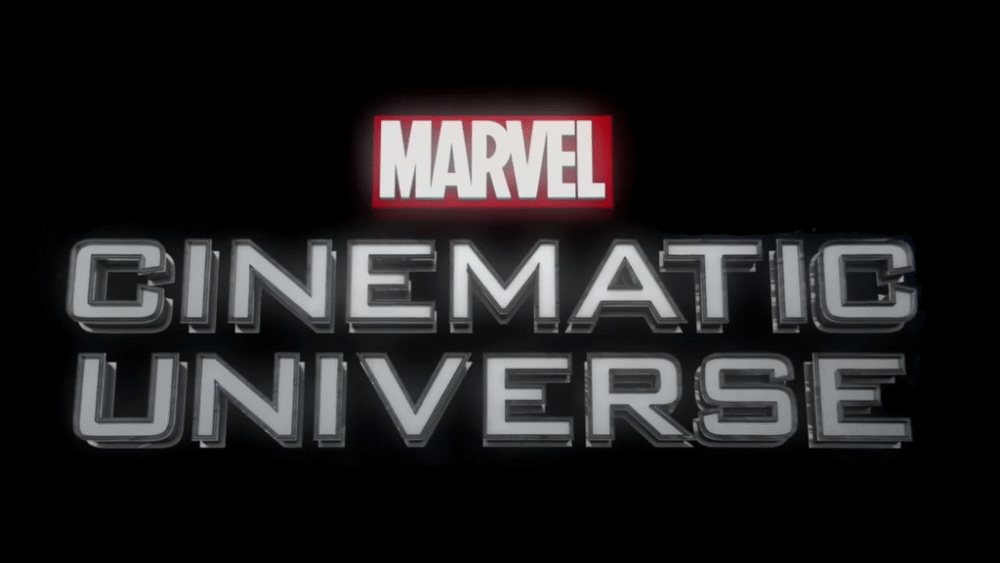
Marvel didn’t just make superhero movies—it engineered a narrative web across dozens of films that rewarded long-term viewers and brought in billions, according to Michael Schulman at The New Yorker. With standout characters like Iron Man, Black Panther, and Captain Marvel, each film played like an episode in a much larger saga. Audiences were hooked, not just by the action, but by the evolving relationships and shared universe.
This strategy changed how studios approach franchise building. Instead of standalone hits, Marvel proved you could create loyalty by giving fans a reason to invest in every release. With new phases constantly in the works and a massive streaming presence, the MCU continues to be the gold standard for cinematic longevity and success.
2. Star Wars turned space opera into a multi-generational obsession.
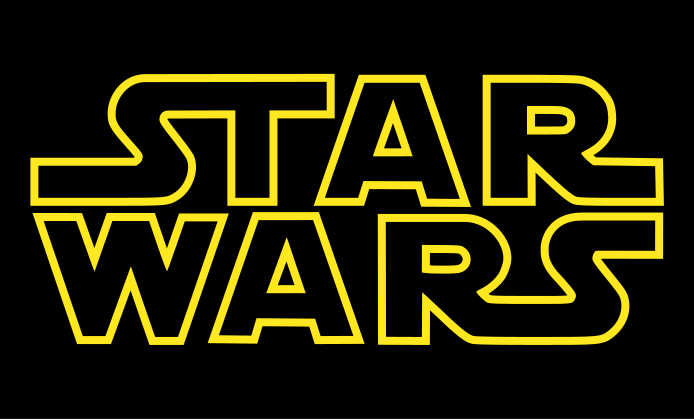
George Lucas launched more than a trilogy—he kicked off a mythology that’s been expanded through sequels, prequels, spin-offs, and streaming series, as reported by Andrew Beattie at Investopedia. Star Wars transformed special effects, redefined what a blockbuster could be, and set the standard for franchise merchandising with toys, books, and theme parks.
Even decades later, new generations are drawn into the galaxy far, far away. While the franchise has weathered plenty of fan debate and creative risks, its cultural influence and box office dominance remain undeniable. Few properties have the power to move global audiences across so many formats like Star Wars still does.
3. The Wizarding World tapped into the magic of growing up with your heroes.
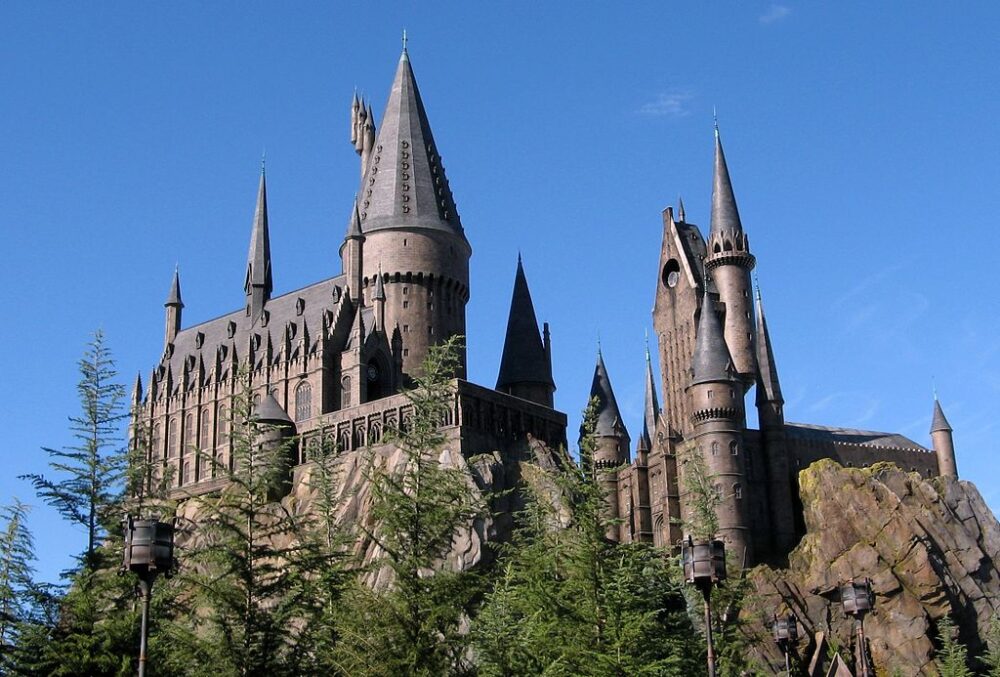
Harry Potter didn’t just own the early 2000s box office—it became a rite of passage for an entire generation, as stated by Lucia Stein at ABC. With eight core films and the Fantastic Beasts spin-offs, the franchise blended school drama with epic fantasy in a way that captured imaginations and wallets worldwide.
Even years after the original series ended, its impact still lingers in spin-offs, Broadway plays, and theme parks. The films set a precedent for how to adapt book series with loyal fanbases while extending the universe beyond the final chapter. The Wizarding World proved that nostalgia, when done right, is a powerful force.
4. The Avengers united superheroes into box office perfection.

While technically part of the MCU, the Avengers films deserve their own spotlight. Endgame alone made over $2.7 billion, becoming one of the highest-grossing films of all time. These team-up movies turned hype into high-stakes storytelling, where years of character development culminated in cinematic events.
The ensemble approach paid off in ways studios had only dreamed of. The payoff wasn’t just in ticket sales but in fan emotion—cheers in theaters, tears at character exits, and the kind of engagement that drives entire internet cultures. The Avengers didn’t just save the world—they saved Hollywood’s box office model.
5. Fast and Furious evolved into a global juggernaut through reinvention.

It started with street racing and stolen DVD players. Now it’s international espionage, submarines, and rocket cars. The Fast and Furious franchise has leaned into its absurdity and embraced a kind of joyful chaos that keeps audiences showing up, especially overseas.
Diversity in casting, international locations, and wild stunts helped it transcend its modest beginnings. The franchise also smartly expanded its brand with spin-offs like Hobbs & Shaw. It’s a masterclass in reinvention, proving that consistency isn’t always about tone—sometimes it’s about knowing how to ride a new wave without losing momentum.
6. The James Bond series proved that reinvention is key to staying relevant.
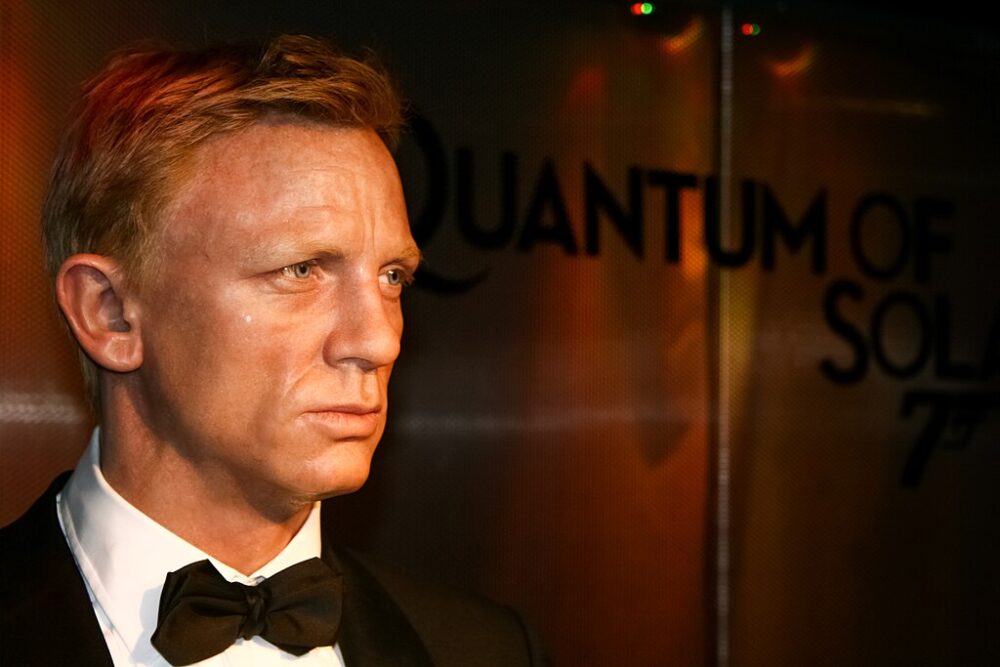
Bond has been shaken and stirred across six decades, with multiple actors and radically different styles. But its box office staying power is no accident. Each new Bond reflects the era, from Cold War paranoia to post-9/11 cynicism. With every update, the franchise recalibrates while staying loyal to its suave, action-packed DNA.
By the time Skyfall and No Time To Die arrived, Bond wasn’t just a relic of old-school spy tales—he was still a box office magnet. Few franchises can say they’ve thrived across generations with such elegance and adaptability. Bond doesn’t just survive—he thrives by evolving.
7. Jurassic Park brought dinosaurs roaring back into modern mythology.

Steven Spielberg’s original Jurassic Park broke ground with CGI and thrilled audiences in 1993. But the real franchise boom came decades later, when Jurassic World rebooted the formula and became a billion-dollar phenomenon. Dinosaurs never go out of style, apparently—especially when they eat tourists.
The series continues to dominate by balancing nostalgia with spectacle. Familiar beats return with each installment—greedy scientists, kids in danger, epic dino showdowns—but audiences keep showing up. It’s proof that the right mix of awe and danger, backed by reliable branding, can keep even prehistoric creatures wildly relevant.
8. Transformers turned robots into box office titans despite mixed reviews.
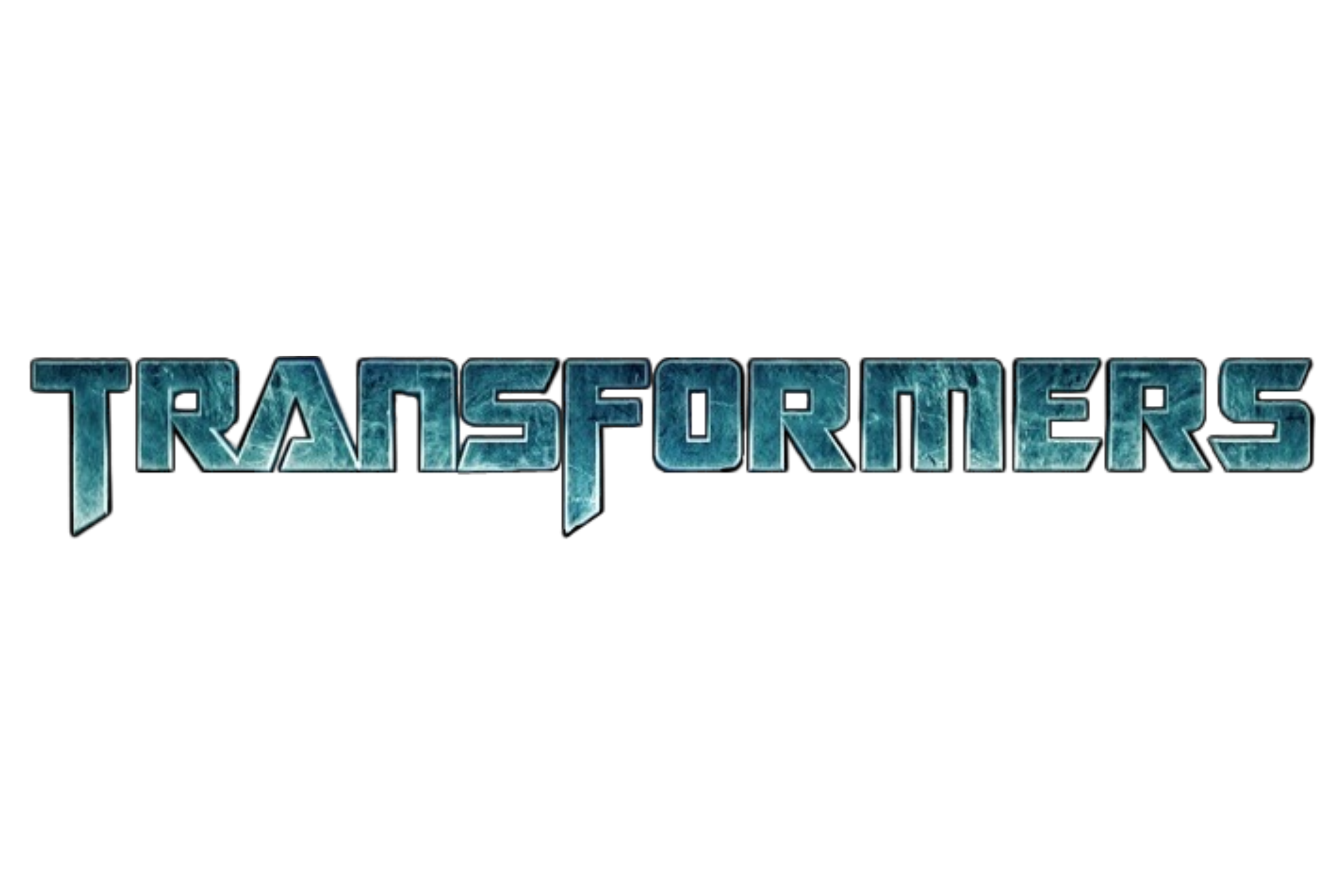
Critics never loved them, but audiences definitely paid to see them. The Transformers films turned toy nostalgia into global spectacle, with Michael Bay’s signature explosions leading the charge. The formula: big battles, flashy cars, and world-ending stakes delivered in high volume.
With international box office playing a key role, especially in markets like China, the franchise became a financial monster. Spin-offs like Bumblebee added heart and new direction, showing there’s still gas in the tank. The critical reception may waver, but financially, Transformers speaks the language of success loud and clear.
9. The Hobbit trilogy cashed in on Middle Earth’s global fandom.
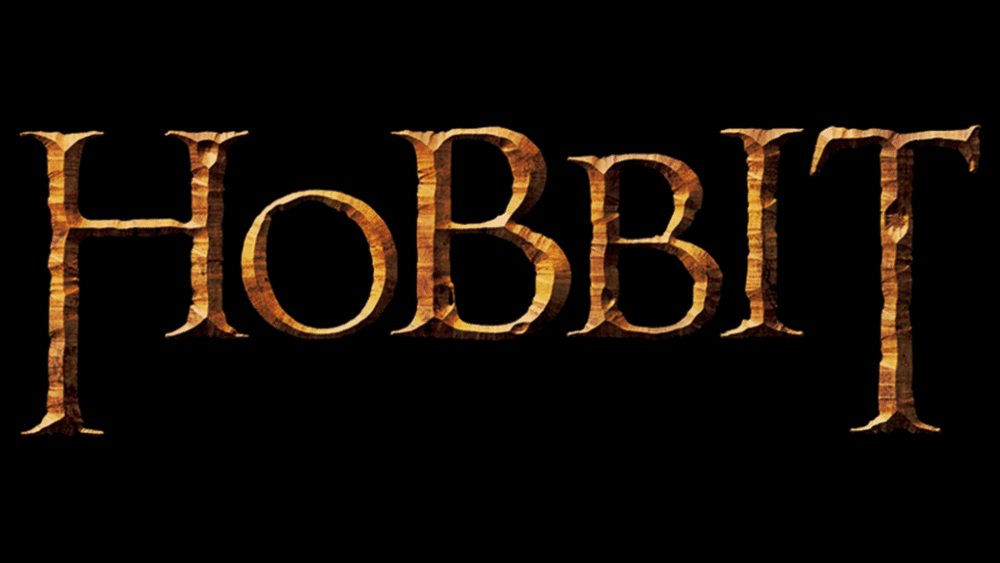
Though not as universally loved as The Lord of the Rings, The Hobbit films still pulled massive global numbers. Spreading one slim book across three films drew criticism, but it allowed for extended world-building, new characters, and plenty of familiar Middle Earth magic.
Peter Jackson’s return to Tolkien’s universe rode on the legacy of its predecessor and delivered box office gold. While the tone shifted, the visual spectacle and emotional callbacks ensured fans returned for more. The trilogy proved that when audiences care about the world, they’ll keep buying tickets—even when the storytelling stretches thin.
10. The Batman films keep reinventing a timeless icon for new audiences.
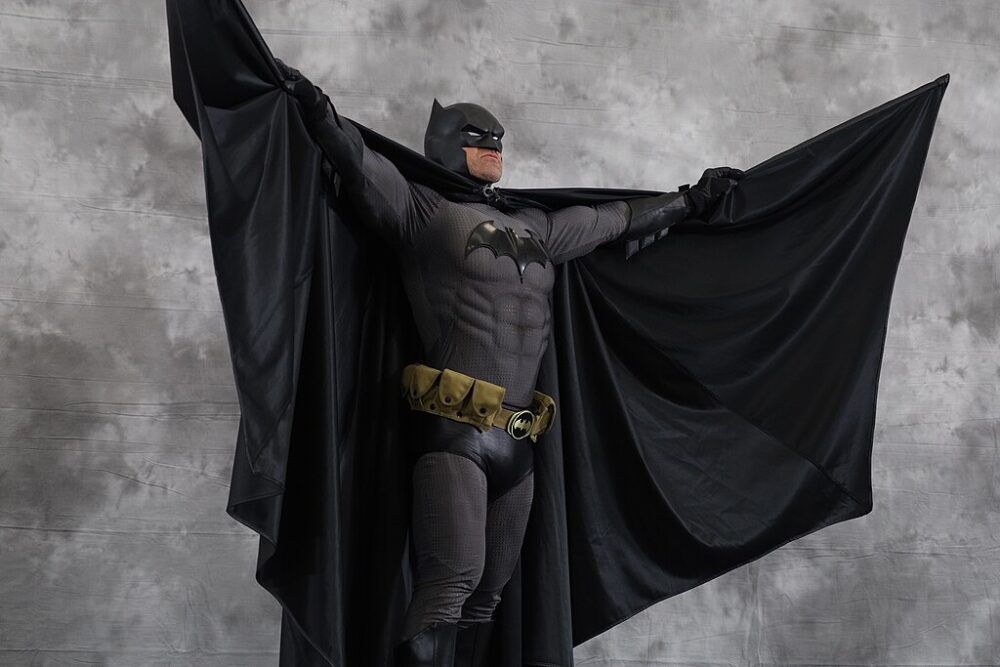
Batman is less a franchise and more a cultural shape-shifter. Every era has its version, from Tim Burton’s gothic vision to Christopher Nolan’s gritty realism to Matt Reeves’ noir detective take. Each incarnation draws fans back in and earns big at the box office with a fresh spin on the Dark Knight.
What makes Batman unique is its adaptability. Unlike other franchises tied to a single storyline, Batman thrives on reboots. It’s a cinematic sandbox that lets new creators reimagine Gotham again and again—each time drawing both diehards and new fans to theaters worldwide.
